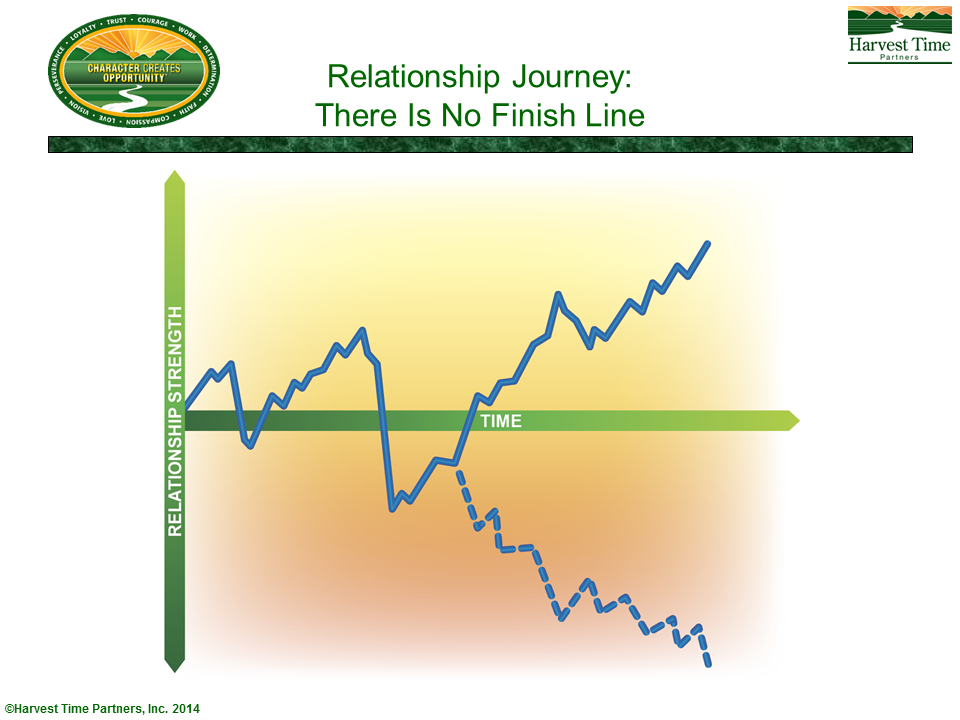Several months ago I wrote a blog about reaching our full potential. In that blog, I described that our greatest challenge is to reach our full potential. It is not winning a certain championship, reaching the corner office, solving some major problem in the world, or getting our kids prepared for life. Our greatest challenge in life is to reach our full potential.
Research would suggest that one of the main hindrances in reaching our potential is that we have a strong tendency to allow what others believe about us to influence how we see ourselves and how we grow relative to our potential. This common hindrance to reaching our potential is especially strong in our teenage years, but it is also very prevalent in adulthood.
There have been numerous studies over the years that corroborated the evidence documented in the foundational book, Pygmalion in the Classroom, published in 1968 by Robert Rosenthal and Lenore Jacobson. These studies all draw a similar, very simple conclusion; teacher expectations of students play a significant role in students reaching their full academic potential. It would be misleading to state that teacher expectations determine a student’s success, but the expectations are a huge barrier for students to overcome when they are negative and they are a huge accelerant to growth when they are positive. Outside of the classroom, there is a similar amount of evidence in the home and the workplace that would draw similar conclusions of parental expectations of children and leaders’ expectations of employees.
The evidence clearly indicates that we, in our roles as parents, teachers, leaders, siblings, etc., have the potential to impact others reaching their full potential. It is important that we recognize that an aspect of building and strengthening our own character is how we can intentionally support and encourage others to reach their full potential. As the German writer and statesman, Johann Wolfgang von Goethe said, “Treat people as if they were what they ought to be and you will help them become what they are capable of being.”
In the course of our lives, we have all probably felt a negative projection, whether directly or indirectly, from a coach, a teacher, a parent, a boss, or spouse that influenced us enough to open the door to self-doubt that maybe we did not have what it takes to achieve a certain goal or dream. Despite our understanding that we own our choices and we can achieve our dreams, that negative projection was an obstacle we needed to overcome. The effort, whether small or large, that we devoted to overcoming the obstacle was effort that could have been directed at reaching our full potential.
Given our own personal experience and the scientific evidence that both demonstrate we can either be a hindrance or a helpful hand to another person reaching their full potential, we should see it as an opportunity to build and strengthen our character when we ensure our perceptions and expectations on those closest to us communicate clearly that we believe they can reach great heights and have a great impact. Our positive expectations of others will help them reach their potential.
Here are just a few suggestions on how we can all keep our expectations turned toward the positive:
(1) Avoid letting our own generational experience drive a negative perception of someone attempting a new technique or proposing a new idea. I recently had a chance to hear Jeffery Katzenberg, CEO and Co-Founder of Dreamworks Animation, describe the negativity that many individuals in his company had in the transition to computer generated animation because they felt the human side of hand drawn animation was the only effective way to tell a story. The negative expectations of many of the experienced, hand-drawn illustrators slowed the transition to computer generated animation and put the company’s future at risk. However, with the incredible success of the company’s first 100% computer generated animation film, Shrek, Dreamworks has never looked back to hand drawn animation again.
(2) Avoid letting our perceptions of the ‘exterior’ override the potential of someone’s heart and desire. We all have a tendency to allow the looks, the dress, the education, the recent performance, etc., of someone be the driving force behind our positive or negative expectation. We should refrain judgment on the exterior and begin with a positive expectation as we work to encourage an individual’s desire and effort which, in most cases, will overcome any external shortcoming.
As we bring a positive, hopeful expectation to others, we will build and strengthen our character and Character Creates Opportunity® to encourage others and be an enabler for them to reach their full potential.
 I learned a great deal about myself and a great deal about leadership, courage, strategy, and tactics. When I reflect back on the most significant learning, it was quite simple; the importance to just keeping moving forward. Whether tired, scared, or confused, just keep moving forward toward your objective. As an infantryman, with a heavy pack, leading a platoon of soldiers, the pressing call was always to keep moving forward toward the objective. Whether it was to complete a long, difficult road march, a specific tactical scenario that needed to be mastered in total darkness, or whether it was securing an objective on the battlefield in Iraq. No matter the ups and downs in that pursuit, there was a clear calling to just keep moving forward no matter what came our way.
I learned a great deal about myself and a great deal about leadership, courage, strategy, and tactics. When I reflect back on the most significant learning, it was quite simple; the importance to just keeping moving forward. Whether tired, scared, or confused, just keep moving forward toward your objective. As an infantryman, with a heavy pack, leading a platoon of soldiers, the pressing call was always to keep moving forward toward the objective. Whether it was to complete a long, difficult road march, a specific tactical scenario that needed to be mastered in total darkness, or whether it was securing an objective on the battlefield in Iraq. No matter the ups and downs in that pursuit, there was a clear calling to just keep moving forward no matter what came our way.

